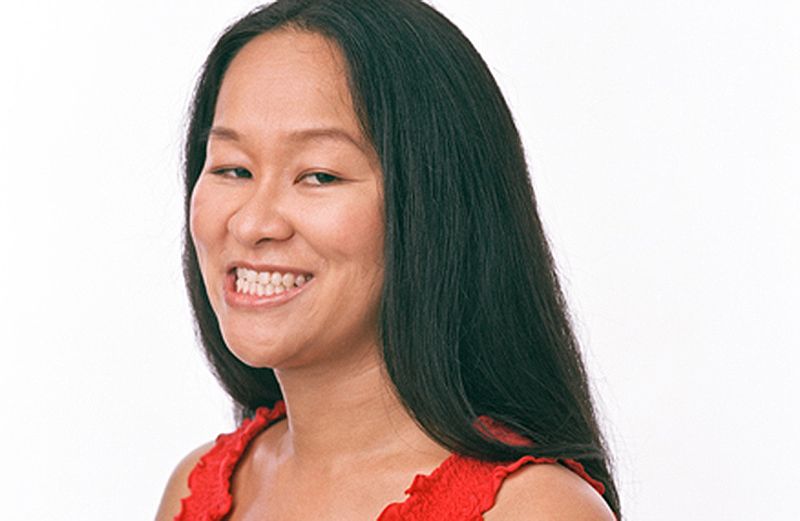My colleague Rick Hamlin uses his morning commute as a time for prayer, and he often reads from Psalms on the subway. Now that I’m commuting by subway (our new office is a little too far to walk), I’ve taken to reading on the train too. Nothing quite as edifying as Scripture—I’m usually working my way through The New York Times Magazine that I didn’t get to over the weekend.
That’s what I was reading this morning when I came across a piece of surprisingly uplifting advice. I was surprised, anyway, because it came up in an article about why there are still so few women in science. The writer, Eileen Pollack, recalled being the only female student in her introductory physics class freshman year at Yale. That was intimidating enough, but worse was seeing the boys in the class breeze through the material while she struggled to grasp the basics.
She got a 32 on the midterm. Disheartened, she went to her professor, Michael Zeller, for permission to drop the class. Clearly her dismal grade meant she wasn’t any good at physics, she said.
“Just swim in your own lane,” Professor Zeller told her.
What was that supposed to mean?
He explained that he’d been on the swim team as an undergrad. He was a strong swimmer yet he kept coming in second in races. Until his coach pointed out what was holding him back: “You keep looking around to see how the other guys are doing. Keep your eyes on your own lane, swim your fastest and you’ll win.”
It was good advice for Eileen Pollack, who not only stuck it out in the intro course but ended up majoring in physics and graduating with highest honors.
It’s also good advice for keeping a positive attitude. Don’t fall into the trap of constantly comparing yourself to other people. You’ll just end up feeling less than.
Swim in your own lane. Try your best. You just might discover that it’s even better than you expected.






